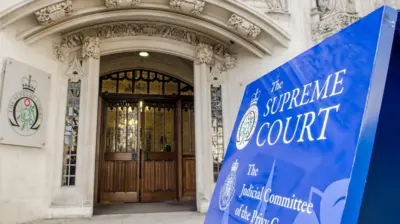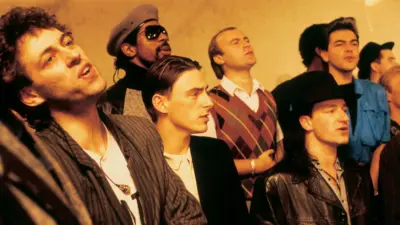We've updated our Privacy and Cookies Policy
We've made some important changes to our Privacy and Cookies Policy and we want you to know what this means for you and your data.
Iceland election: Independence Party still has most seats
Image source, AFP/Getty
Iceland's governing coalition has suffered big losses in parliamentary elections with centre-left parties picking up many seats.
PM Bjarni Benediktsson's centre-right Independence Party remains the largest but lost nearly a quarter of its seats.
The second snap election in a year, called after a paedophile scandal, was held amid deep voter distrust.
Coalition talks are expected to be complex, with a record eight parties winning seats.
A three-party coalition is only possible if it includes both the Independence Party and its nearest rival, the Left-Green movement headed by 41-year-old KatrГӯn JakobsdГіttir.
Image source, EPA
Most parties say investment is needed in welfare, infrastructure and tourism but disagree on how to fund it.
Mr Benediktsson called the election after it emerged that his father had written a letter saying a convicted paedophile should have his "honour restored".
The Bright Future party left the ruling coalition, triggering the election, but lost all its seats.
Meanwhile two new parties - including the Centre Party of former PM Sigmundur Gunnlaugsson, who was forced to resign last year after a tax haven scandal - won seats.
The furore over Mr Benediktsson's father's letter relates to an old Icelandic system allowing convicts to have certain civil rights restored if three letters of recommendation from persons of good character are provided.
Icelanders were furious at the secret backing for Hjalti SigurjГіn Hauksson - convicted in 2004 of raping his stepdaughter almost every day for 12 years from when she was five. He served a five-and-a-half-year jail term.
The government was also accused of an attempted cover-up after it refused to disclose who had written the letter of recommendation.
The island of 340,000 people was one of the countries hit hardest by the 2008 financial crisis but has turned its economy around by focusing on tourism.
Top Stories
More to explore
Most read
Content is not available








